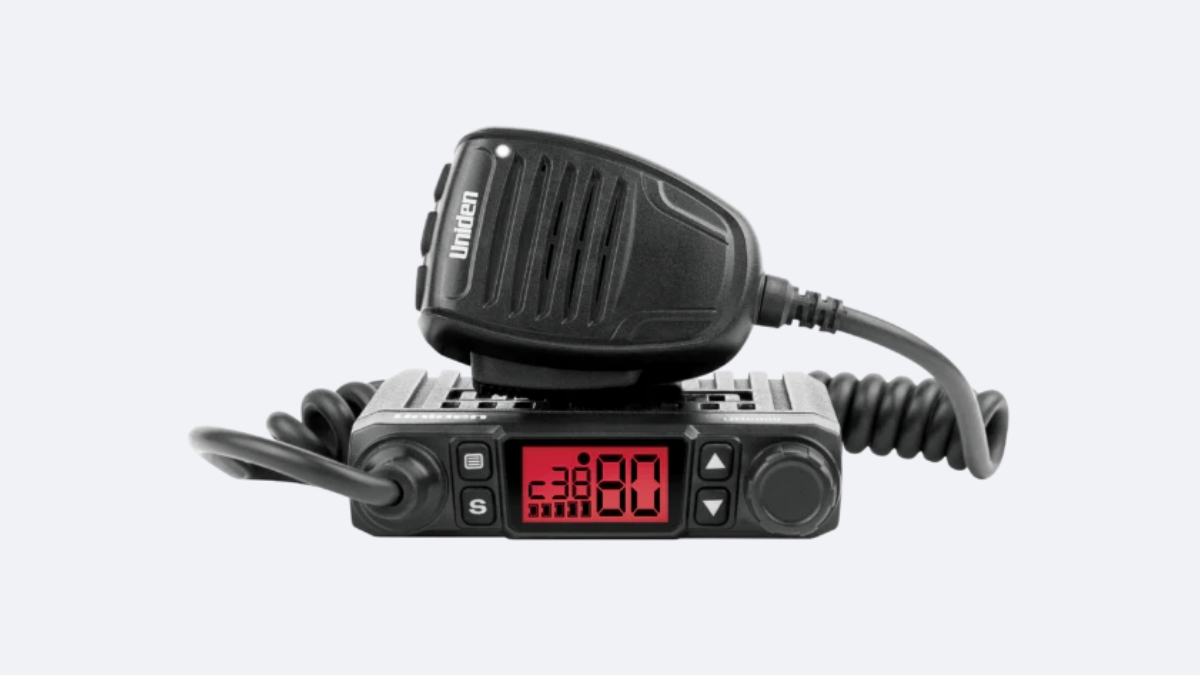In various industries and settings, mobile radios are a vital communication tool. Having a mobile radio that is reliable can make a big difference in your safety and productivity, whether you’re a wildland firefighter, a forestry worker, or a first responder. Devices like two-way radios or walkie-talkies can provide instant and reliable communication between individuals or groups even when they are on the move. The purpose of these radios is to offer clear and instant communication over long distances, making them ideal for individuals and businesses that require efficient and effective communication. Visit RadioRed for more detail about mobile radios.
Key Features and Benefits of Mobile Radios
Quick Communication:
Mobile radios offer direct and immediate communication without the need to dial any numbers or wait for a connection, unlike cell phones.
Durability:
Mobile radios are built to be tough and tolerant to dust, water, and impact, as they are designed to withstand harsh environments.
Broad Coverage:
Mobile radios are ideal for industries like construction, transportation, and public safety because they can cover large areas.
Improved Privacy:
Mobile radios that have encryption features can guarantee secure and private communication, making them suitable for industries that handle sensitive information.
Group Communicating:
Many mobile radios allow for group communication, which allows multiple users to participate in the same conversation simultaneously.
What is the procedure for operating Mobile Radios?
Two-way communication is the basis of mobile radios, which allow users to transmit and receive messages. Radio waves are used to connect the sender and receiver, eliminating the need for cellular networks or internet connectivity. The device converts sounds into electrical signals when a user speaks on a mobile radio. Radio waves are used to transmit these signals through an antenna. The receiving end receives radio waves from another mobile radio or base station. Converts them back into sound waves to allow the message to be heard by the intended recipient.
Mobile Radio Applications:
Construction and Manufacturing:
The use of mobile radios allows for seamless communication between workers on construction sites or in manufacturing facilities, which increases productivity and safety.
Hospitality and Hotels:
Mobile radios are utilized by hotels, resorts, and event organizers to facilitate communication among staff members, ensuring smooth operations and guest satisfaction.
Transportation:
Truck drivers, delivery personnel, and logistics teams use mobile radios to stay connected and coordinate their operations, which improves efficiency and response times.
Outdoor Entertainment:
Outdoor enthusiasts, hikers, and campers who need a reliable way to communicate in remote areas without cellular coverage have a preference for mobile radios.
Public Safety:
Mobile radios are used by police, firefighters, and emergency medical services to coordinate their efforts and ensure effective communication during critical situations.
Important Factors to Consider:
Power output:
The power output of a mobile radio has an impact on its range and signal strength. Radios with higher power output generally have a longer range and higher signal quality.
Durability:
In rugged environments, ensure that the radio is built to withstand harsh conditions. Search for radios that are resistant to water, dust, and shock.
Range:
It’s crucial to consider the range of a mobile radio. This determines the extent to which you can communicate with other users. If you require communication over long distances, opt for a radio with a higher range.
Frequency band:
Different frequency bands can be utilized by mobile radios, including VHF (Very High Frequency) and UHF (Ultra High Frequency). The frequency band you select is determined by your specific needs and the environment in which you’ll be using the radio.
Features:
Take a look at the features that are important to you. Some mobile radios offer additional functionalities such as GPS, Bluetooth connectivity, and weather alerts.
Choosing the right mobile radio is crucial for effective communication. Examine the factors mentioned earlier and make a well-informed decision.
